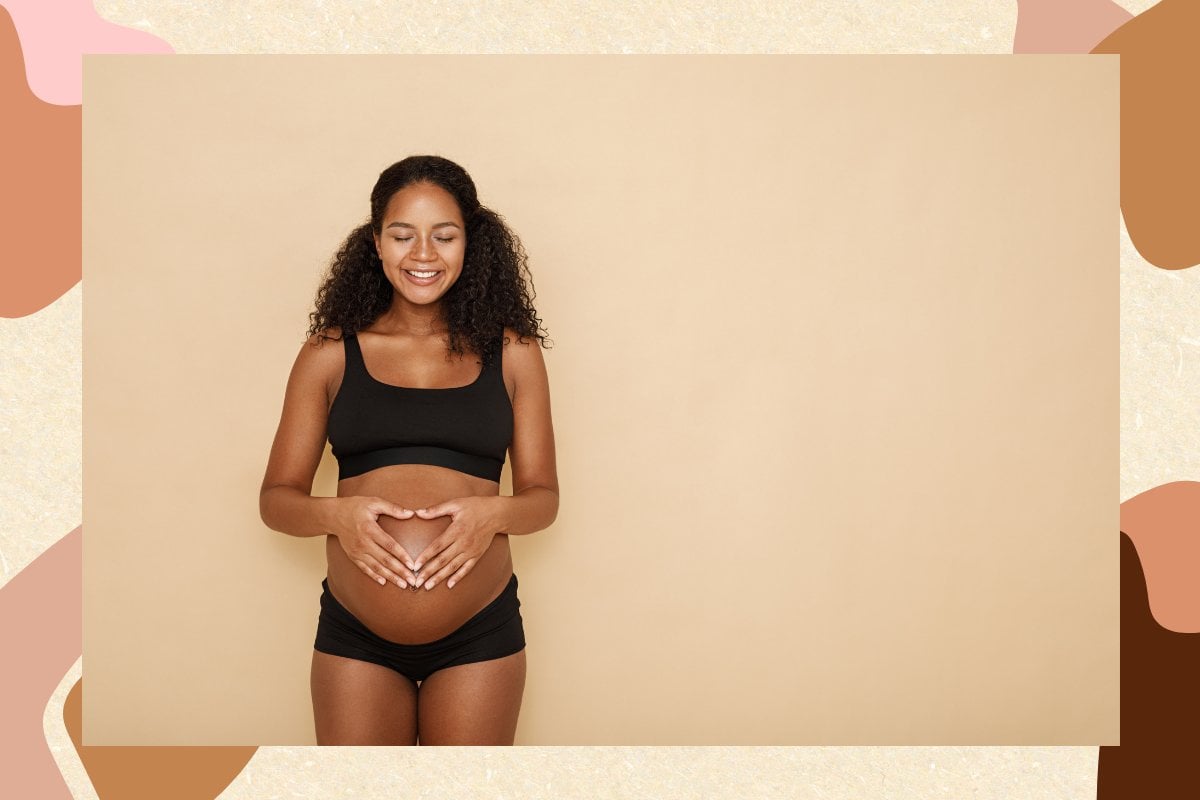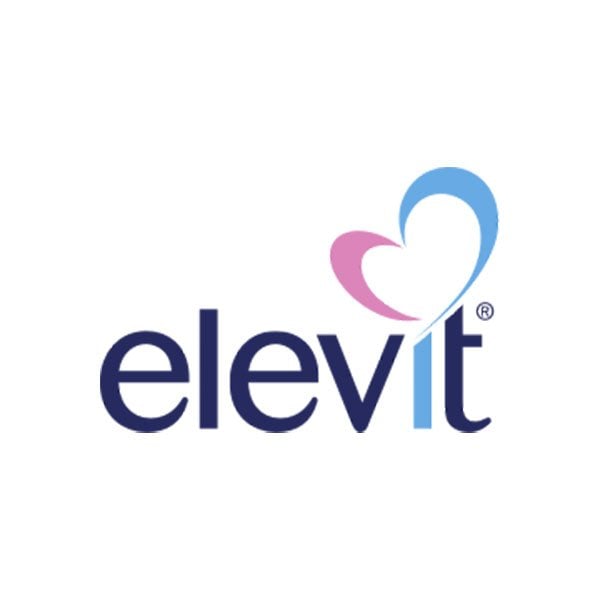

When you find out you're pregnant, you immediately start to wonder... "When did I last eat soft cheese/have a glass of wine/take my pregnancy multivitamin?"
Especially if you've been enjoying all the things over the past few months indoors.
Those two blue lines are the start of a crash course in information overload and it can be a lot to absorb. Your head can feel like a washing machine, swirling with questions.
Can I still drink coffee?
What about sashimi?
And, what’s the deal with iodine (and, ahem, what even IS iodine)?
The questions seem to get even more confusing (and kinda overwhelming!) when you realise that nutrition during the first 1,000 days of a baby's life has a huge impact on their health and development for the rest of their lives.
Just in case you're terrible at maths (like me), here's the breakdown: The first 1,000 days begin at a child's conception and finishes up on their second birthday.
It's a lot to digest and there's a lot of pressure to get it right.
Most of us aren't even aware of how important it actually is. Sure, we want our babies to be healthy, but a recent survey by Elevit revealed that 67 per cent of us didn't realise poor nutrition can impact male fertility, 59 per cent were unaware of its effects on female fertility and 65 per cent didn't know the impacts it has on the baby's growth and development.
But fear not. We’re here to break down some of the most frequently Googled questions, complete with expert insights, so that you don’t have to. Banish information overload for good and get the facts.
Mamamia spoke to Melanie McGrice, BSc (Nutr), Hons, MNutrDiet, AdvAPD, an Advanced Accredited Practising Dietitian with a special interest in fertility and prenatal health, to get the lowdown on all things healthy nutrition during pregnancy.






























































































